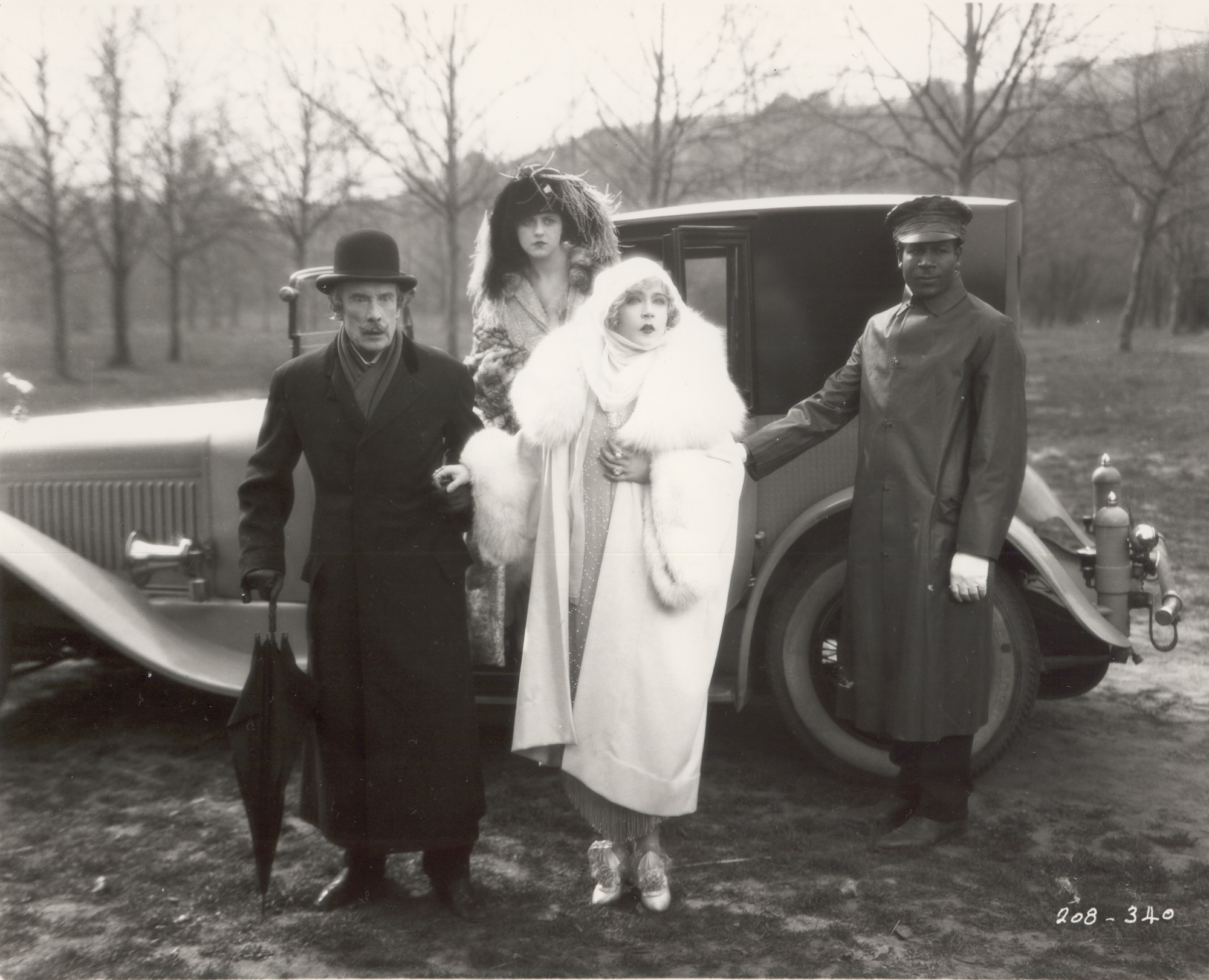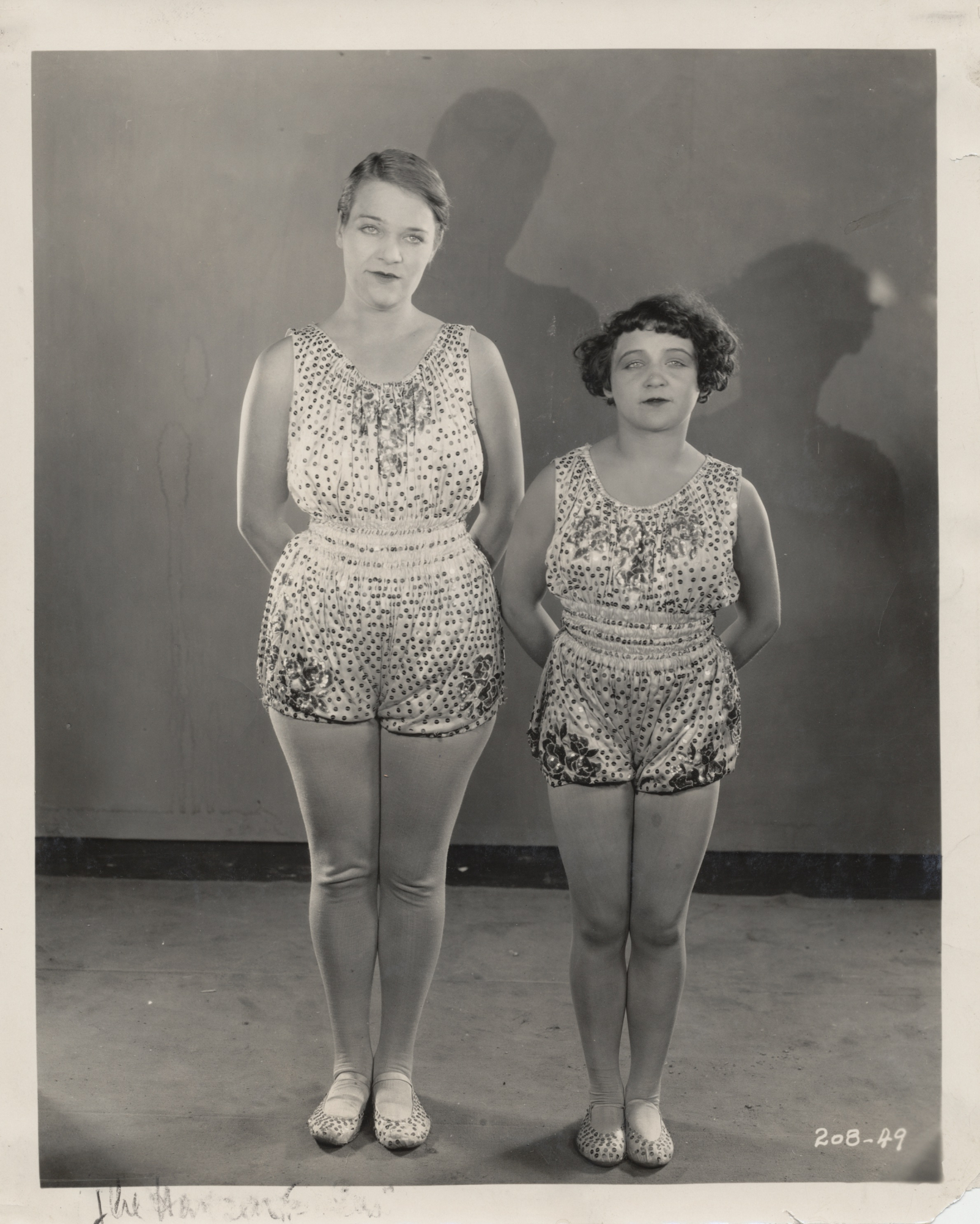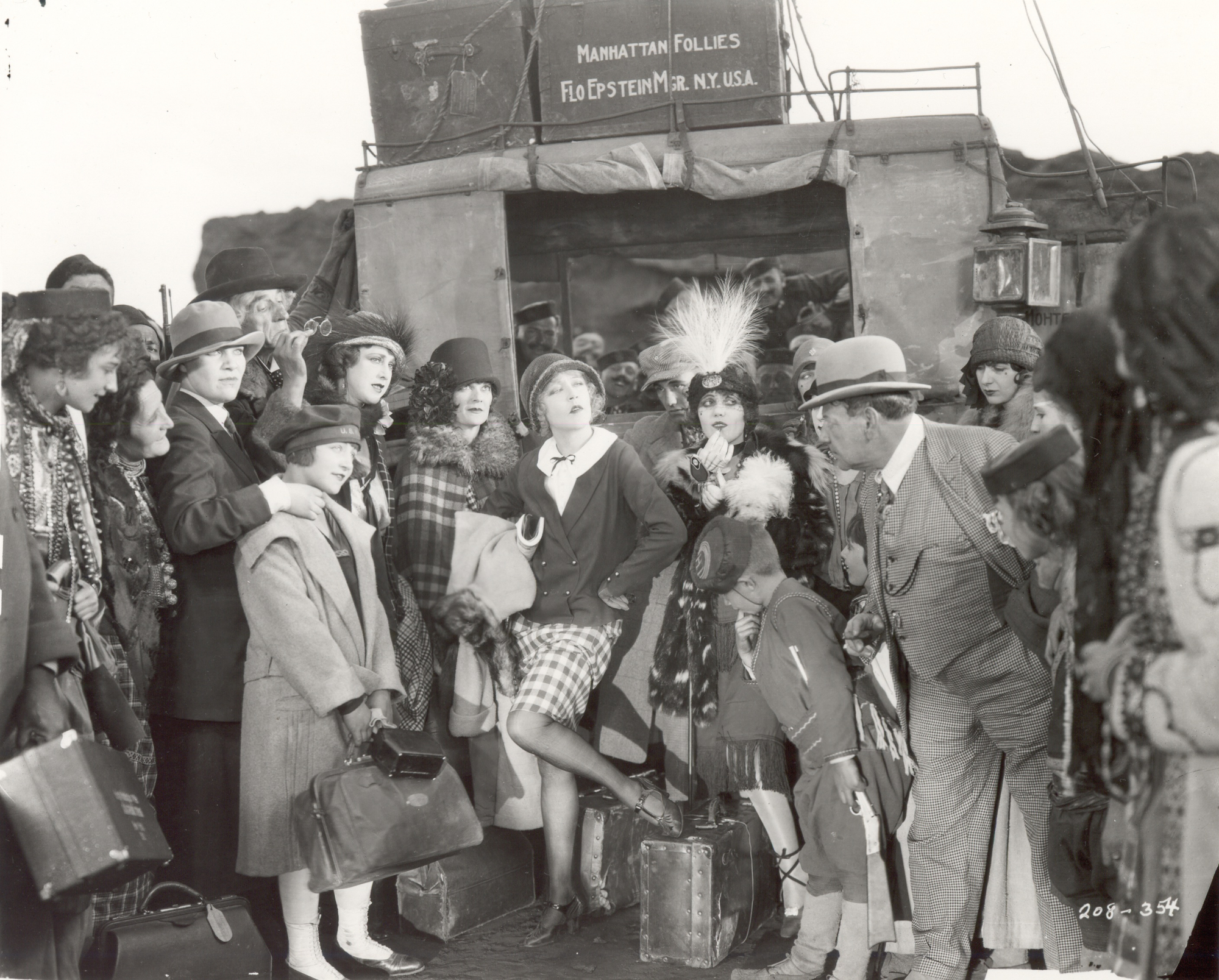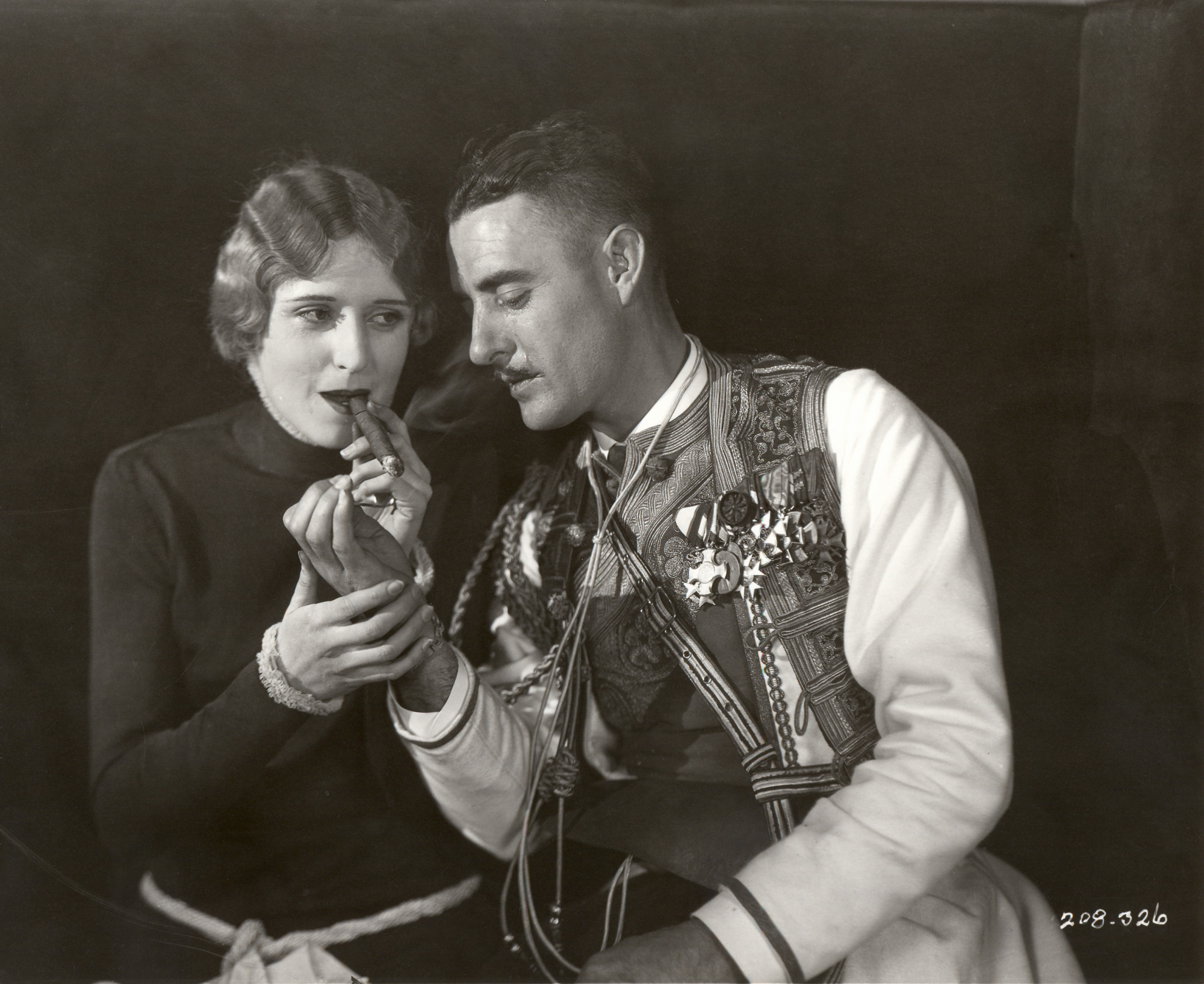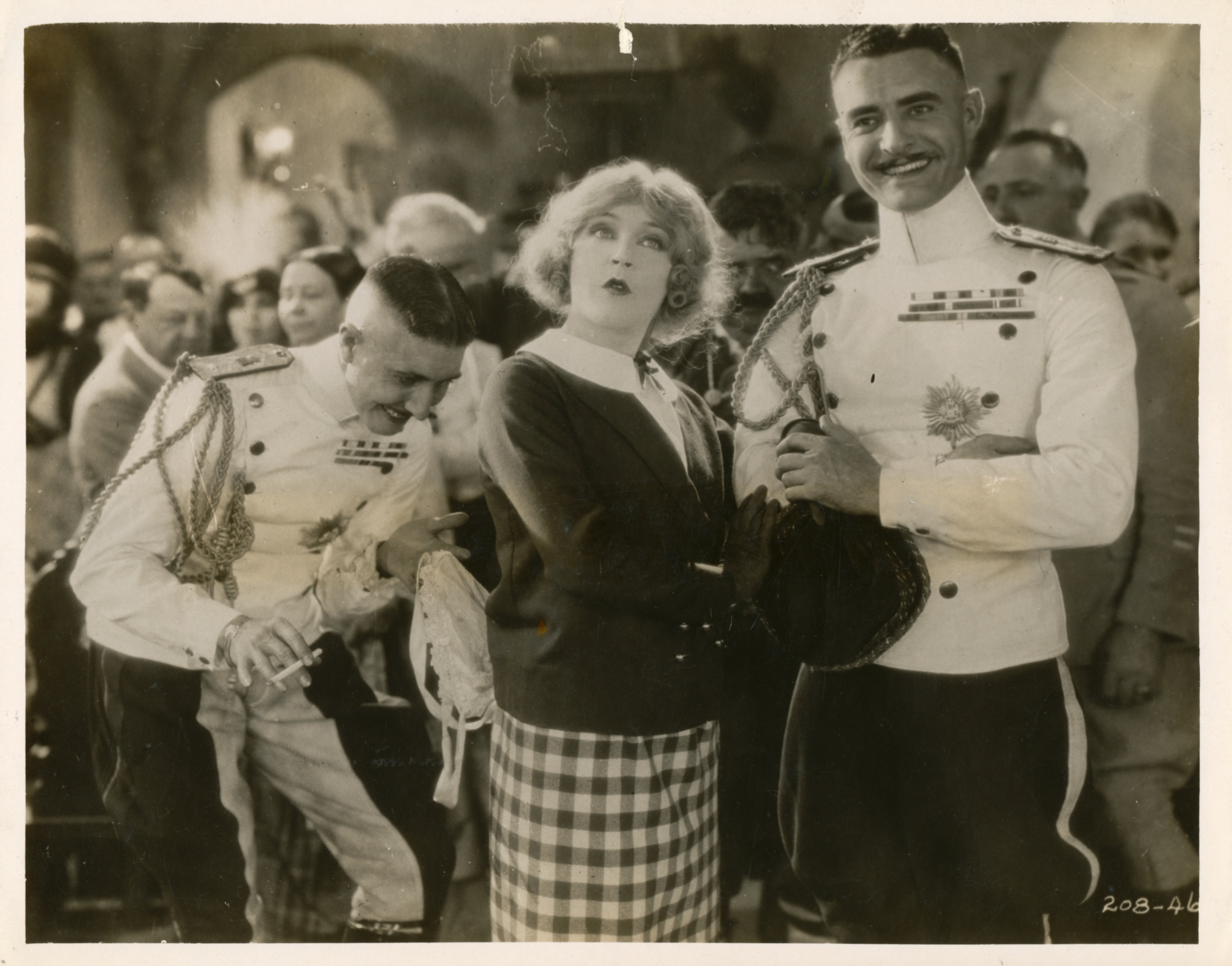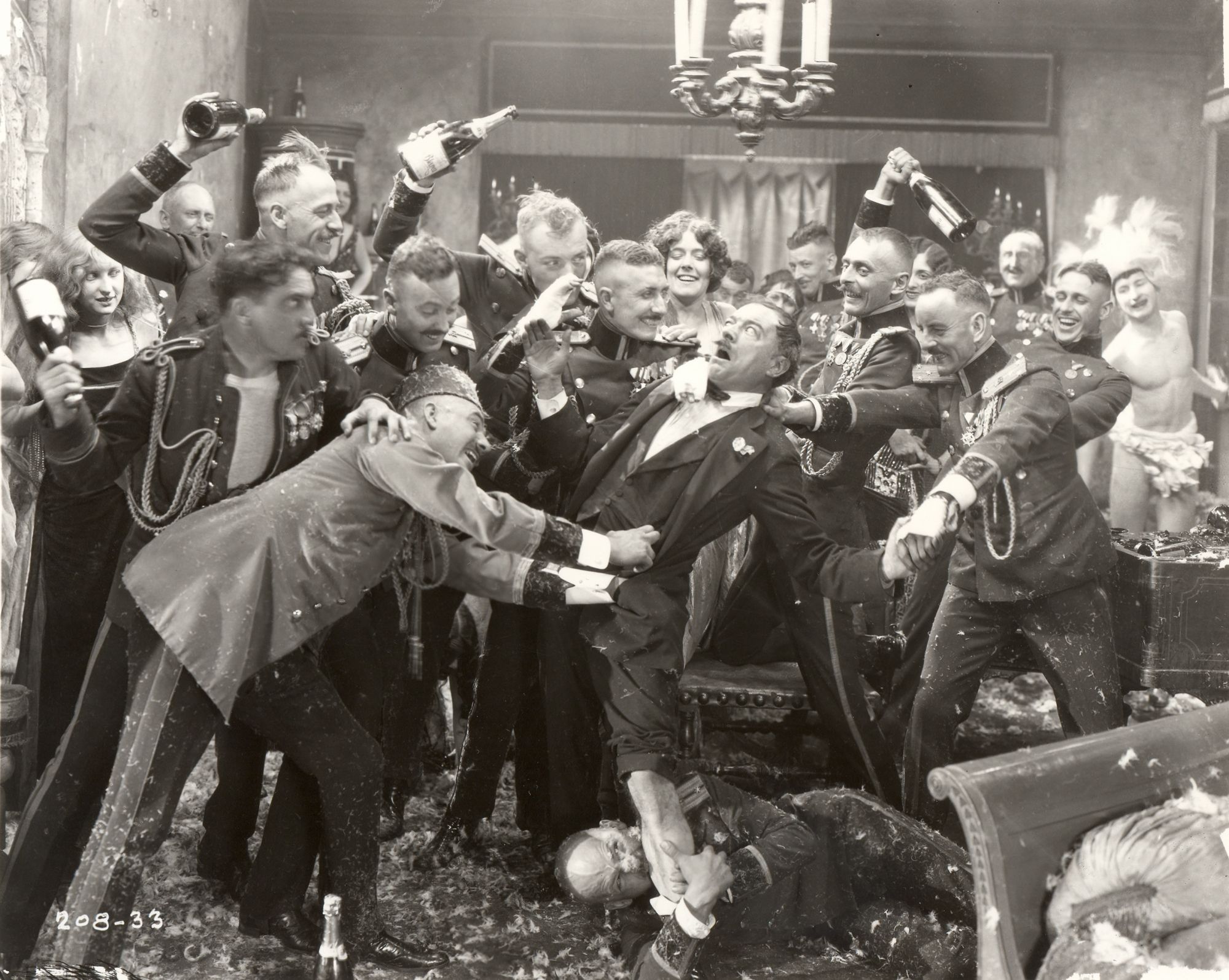The Merry Widow
The Merry Widow
USA, 1925, 124 Minutes | HD-b/w-restored version
Based on the operetta by Lehár, Stroheim created an excellently cast cinematic work of art full of comedy, drama and richly detailed sets.
Two young crown princes with a well-known weakness for beautiful women have it in for the dancer Sally. But she is not so easily impressed by Prince Danilo's advances. First she inherits from a rich baron and makes a nice life for herself as "The Merry Widow" in Paris, the next marriage can wait!
The young crown princes Danilo and Mirko from the kingdom of Monteblanco are eagerly courting the favor of beautiful women. They are particularly taken with the dancer Sally, who is not easily impressed by the pushy courtship of the two princes. But Danilo is serious. He falls in love with Sally, and she eventually falls in love with him, too. But when she finds out that he has concealed his true identity as crown prince from her and that Mirko is sabotaging their wedding plans, a falling out ensues. Sally spontaneously marries a rich baron, whom she happily inherits shortly thereafter, and from then on lives in Paris as "The Merry Widow". Danilo, on the other hand, cannot forget Sally and suffers under the dictates of his aristocratic parents, who forbid him to marry for love. He travels to Paris to win her back.
Like most of Stroheim's films, The Merry Widow was overshadowed by disputes with the film studio MGM. There were disagreements over casting issues and also regarding a happy ending. The film is available in a restored version from the Austrian Film Museum.
For the new film music, which will be recorded with the Ensemble Resonanz, the Berlin stage composer Tobias Schwencke (Gorki Theater, Deutsches Theater) has been enlisted. In his musical adaptation, he aims to incorporate themes from the titular operetta as well as utilize techniques from historical cue-sheet music, transforming them into a contemporary film score. The goal is to consciously highlight the film's satirical and socio-critical undertones by approaching historical musical materials with a modern perspective.
The Merry Widow
Music for two string quintets, guitar and percussion (2023) for the 1925 film of the same name by Erich von Stroheim.
Duration: approx. 124 minutes
String quintet A - violin 1, violin 2, viola, violoncello, double bass
String quintet B - violin 1, violin 2, viola, violoncello, double bass
guitar (acoustic guitar, electric guitar, banjo)
percussion (1 player)
2 pedal timpani, bass drum, snare drum, vibraphone, marimba
tubular bells, tam-tam, 2 cymbals, 5 temple blocks, 5 woodblocks, 3 bongos,
triangle, crotales, washboard with metal thimbles [1].
Music publisher: © 2023 2eleven edition musiQ
Erich Stroheim was born in Vienna in 1885 and died in Maurepas near Paris in 1957. He emigrated to the USA and first came to film as an extra and stuntman. His devoted and eccentric manner caught the eye and he was hired as an actor, making his directorial debut in 1919 with BLIND HUSBANDS. In addition to other directorial efforts, including FOOLISH WIVES (1922) and THE WEDDING MARCH (1926), he continued to be successful as an actor, often in the role of the villain. One of his most famous roles is that of the butler in SUNSET BOULEVARD (1950) by Billy Wilder. He was also known for messing with studio bosses, being perfectionist and extravagant. The shooting usually takes a long time and was expensive.
Tobias Schwencke was born in Berlin and grew up in Duisburg. Studied in Duisburg, Saarbrücken and Berlin, where he has lived since 2001. His work includes free composition, music theater, theater music, pianistic activity; regular work at the Maxim Gorki Theater Berlin, Berliner Ensemble, Staatsoper Unter den Linden. Productions under his musical direction and involvement include Theater an der Wien, Teatro Real Madrid, Uppsala Stadstheater (S), HAU and Radialsystem and Deutsches Theater in Berlin; Düsseldorfer Schauspielhaus, Theater Bremen, Staatstheater Wiesbaden and the Munich State Opera. Collaborations with Herbert Fritsch, Nurkan Erpulat, Claus Peymann, Manfred Karge, Anna Bergmann, Leander Haußmann, Frank Castorf, among others. Arrangement of musical works for experimental staging approaches ("sampled identity" Kampnagel Hamburg with Ensemble Resonanz and the Hip-Hop-Academy Hamburg 2012; "Winterreise" for Charly Hübner and Ensemble Resonanz 2018) to new concertante film music for F.W. Murnau's "Faust", Salzburg Festival 2011and Ernst Lubitsch's "Carmen", which he wrote in 2011 on behalf of ZDF/ARTE. World premieres of his compositions are realized by Ensemble Intercontemporain, Ensemble Modern Akademie, KNM Berlin, Musikfabrik NRW, Gürzenich Orchester Köln and many others.
Credits
- Direction:
Erich von Stroheim - Screenplay:
Erich von Stroheim, Benjamin Glazer - Score music (2023):
Tobias Schwencke (Commissioned by ZDF in cooperation with ARTE) - Actors:
John Gilbert (Prince Danilo Petrovich), Mae Murray (Sally O’Hara), Roy D'Arcy (Crown Prince Mirko) Josephine Crowell (Königin Milena), George Fawcett (King Nikita I) - Restoration (2022):
Österreichisches Filmmuseum - Editorial:
Nina Goslar - Music Production:
Thomas Schmölz, 2eleven music film

